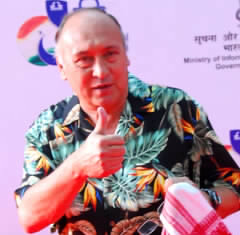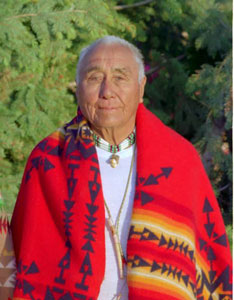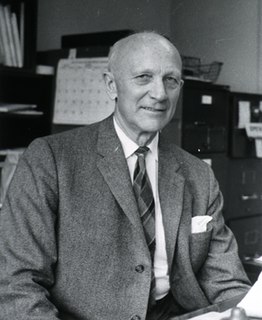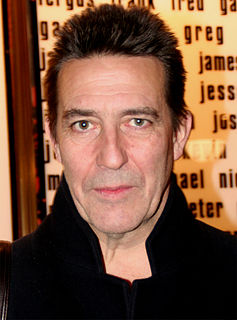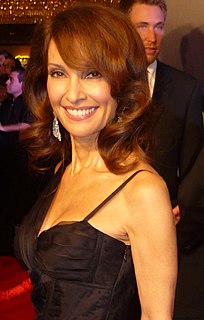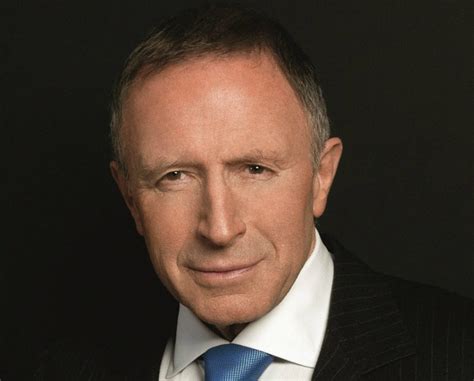A Quote by Victor Banerjee
When I was a young man, it was very fashionable not to have the sacred thread ceremony, and among very respectable families, mind you. As a rebel, I decided to do it.
Quote Topics
Related Quotes
Think the very fact that somebody like Mike Pence is seen as useful to the [Donald] Trump campaign would be analytically a sign of difficulty for him because, you know, the Republican Party over the last two decades has needed to include his support among women, among Latinos, among blacks, among young people, and among highly educated people.
Unfortunately, some of the young talants are becoming fashionable. And anything that's fashionable can become unfashionable. So one has to watch that. And it's very easy today because there are so many events - art fairs, gallery openings, etcetera. In fact, that's another thing that concerns me, the quantity of gallery openings. In my office in London, I get back after a week, and I have 30 invitations. It's too much.
